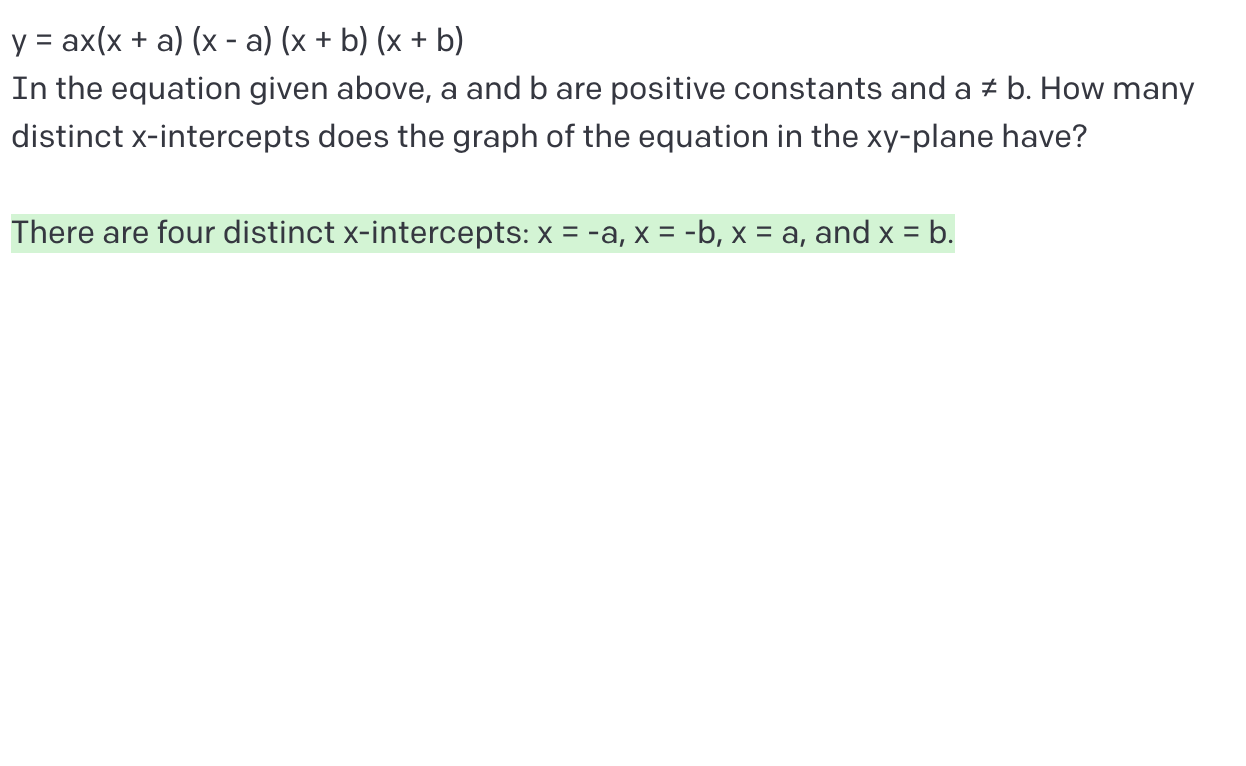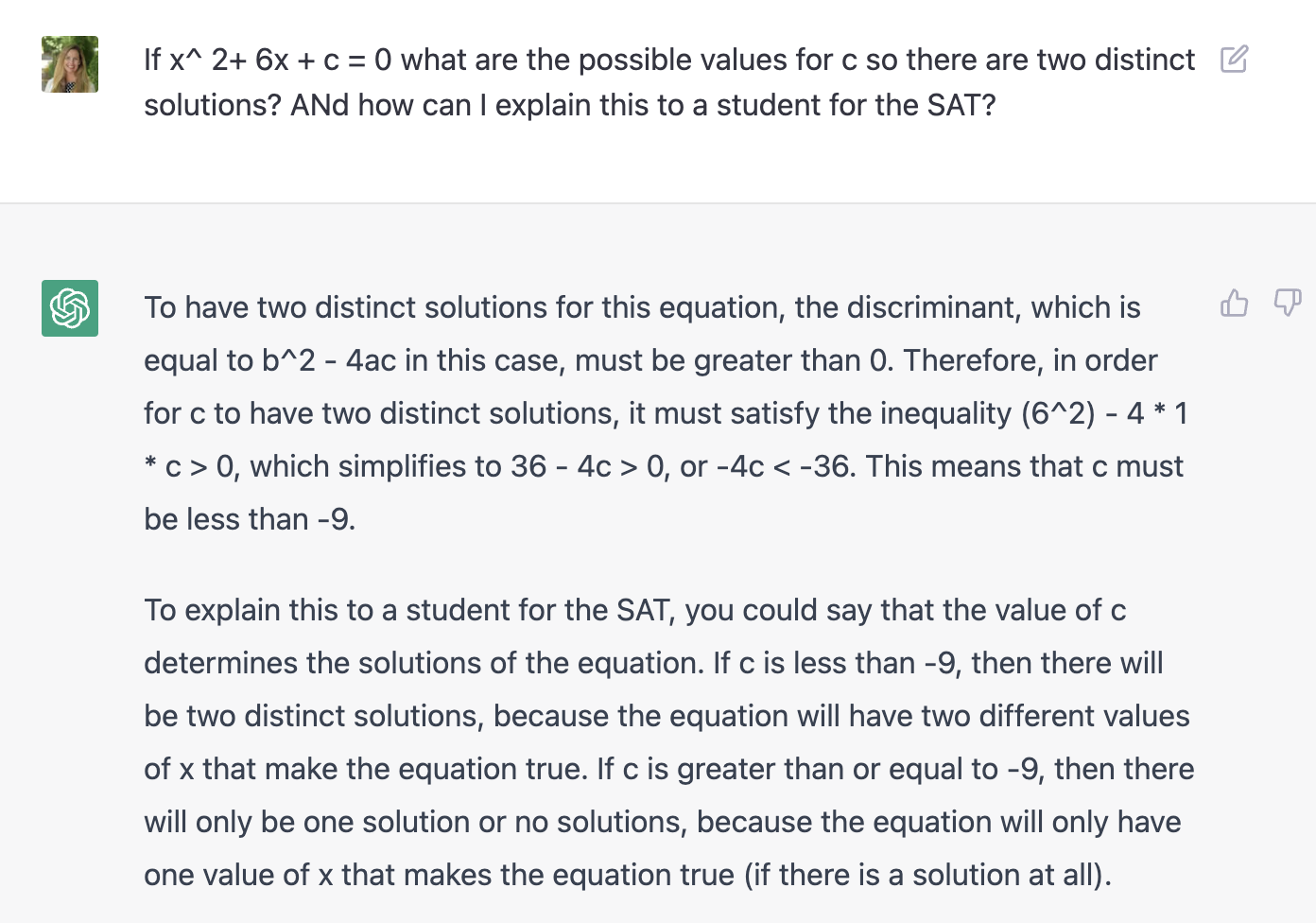How does Spotify know what music sounds like? All of our Spotify Wrapped came out earlier this week and whether your most listened to artist was Daft Punk or a good musician like Olivia Rodrigo, it makes sense that the app was able to tell the genre of music that you listened to the most. Artists can blend their genres, such as Bo Burnham combining comedy with pop music, but they typically stay within a certain umbrella for themselves. The AI in Spotify’s algorithm tracks how many minutes of each artist is streamed and compares this to their genre.
But, under the Made For You tab, you could find a daily playlist labeled ‘Fleetwood Mac Mix.’ How does Spotify uncover artists with, say, under 100,000 monthly listeners that sound like 21st century versions of Go Your Own Way? It’s because AI is replacing the human experience. That’s right, we’re heading towards the universe portrayed in Wall-E where humans are able to remain motionless as they perpetually gain weight from their hover scooters on the floating ship above our decrepit planet.
Just kidding! Artificial intelligence has not, is not in the process of trying to, and will never replace humans. You may have seen posts recently that depict ChatGPT from OpenAI as a futuristic takeover in the form of a chatbot. These posts are nothing more than a series of fear-mongering clickbait and this month’s version of Y2K.
What is AI?
In 1922, Sarah Bushnell published a biography of Henry Ford in which she included a quote from a would-be investor in Ford Horace Rackham. The attorney, Rackham, said about the “fad” of the automobile: “the horse is here to stay, but the automobile is just a novelty,” implying that cars would be the original Silly Bandz. Now look around – it’s a spectacle to see a police officer trot by on their horse as the animal has been completely replaced by cars on American roads. But, have cars taken over the world? Was this a fear that Rackham had? Was his quote simply a coping mechanism to handle the progression of the automobile?
Cars have not taken over the world. People use them as a tool to get from baseball practice to class to work and to grandma’s house for holidays or to investigate whether a wolf is impersonating her or not. But, it’s not as if people are constrained to their vehicles and controlled by them. Artificial intelligence, whether it becomes as prevalent as the automobile or not, is a futuristic notion of the same idea: it has the promise to become a handy tool, but it will not take over the world.
There are many ways to define intelligence. But what makes someone intelligent? How do we know that Albert Einstein was smart while other people are dumb? In short, let us define intelligence as the ability to use information and knowledge as a tool to create something new. Whether this be an idea, like coming up with the theory of relativity, or to produce a work of art, intelligence should be the skill of building from what is known to create more. This does not mean that your failure to discover the properties of gravity before Newton means you aren’t intelligent – but you didn’t, so maybe Isaac Newton is more intelligent than you.
So, based on the etymology of the words, artificial intelligence is the human creation of a system that can replicate intelligence – or the generation of new ideas. Siri is artificial intelligence. You can tell Siri: “give me directions to drive home” and the AI will understand what home means to formulate a route to drive there. It takes the information of “home” and builds off it to get from your location to home’s coordinates. The GPS has been told what home means and has downloaded a map of the surrounding area and is able to combine these ideas.
So: artificial intelligence is simply an efficient Google search. It can be presented as an uncanny valley to mimic human speech or behavior, but it is not able to create its own thought. It can’t do anything until it has been taught and told to. Try thinking of a series of words that may have never been thought of before. It’s probably easier than you think considering this version of language on Earth right now has only existed for a little over a century. Reading Shakespeare or Cervantes is difficult because the language has changed. We’ll go first: “peanut butter coated tarantulas playing rugby at Fenway.” It doesn’t have to make sense, but that’s most likely the first time those letters have been put in that order. Artificial intelligence is not able to put those words in that order unless a human tells it to put those words in that order.
Why AI?
The “big” idea behind artificial intelligence is to code a system or a program that reads through the internet, meaning that it downloads all of the published information that humans have put on the internet, so that it can make connections between topics. In the future, you could say “hey Alex, play music I would like” and the speaker would understand the kinds of music you have listened to before, generate a playlist of these songs or those that people who listened to similar artists have listened to, and begin playing it for you. That sounds cool! But, AI being limited to regurgitating information that humans have fed it means that it can’t “take over the world” unless someone went all Thomas Aquinas on the internet and wrote a Summa Theologica-esque manual on “how AI can replace the human race.” In the time that it would take to write all of that, predicting every event that could happen between now and then, Elon will have already started Earth 2.0 or whatever on Mars. We’re adding comedic commentary to this because the idea of AI taking over, and not simply being a tool, is so ridiculous and the humor is an attempt to highlight that.
Alfred Hitchock compared the television to indoor plumbing in that, despite its introduction, it didn’t change people’s habits and, instead, only gave them a reason to stay inside. And who wants to go outside anymore? Outside is either too cold or covered in mosquitoes. I can’t speak for everyone in the world, but we at Zinkerz would prefer not to get hypothermia or malaria. That’s only a joke – being outside is great. The point is: AI won’t change our habits. What it does promise to do is provide, maybe not more or less but, different jobs. Think of the photograph of Margaret Hamilton as she stands next to tens of thousands of papers all stacked up to rise higher than her head. The photo is of her standing next to the code she wrote to develop Apollo’s guidance system. In your AP Computer Science course, you’re writing the same kind of code Hamilton wrote, only with less of a risk for carpal tunnel. Mining used to be a huge industry, but now most canaries are unemployed. Somebody needs to work to ensure the AI continues working efficiently and properly and AI has the promise to make some industries more digital than they were before. Either way, people are still required to make the world function. Sorry if that disappoints you.
Right now, AI is an interesting thing to email to coworkers. In 2007, these emails would have been links to Tay Zonday’s Chocolate Rain with the body of the email reading “have you seen this song? It’s soooo funny!” Instead, we now say “have you tried the ChatGPT AI? It’s sooooo cool!” Tay Zonday’s song may have led to a career in voice-acting and an appearance on South Park, but he isn’t the supreme ruler of the world.
Examples of Artificial Intelligence
Really quickly, we want to give two examples of AI from the past and show how we have been able to use ChatGPT today:
In 2016, Microsoft launched Tay. Not Zonday – that was just a coincidence. Specifically, it was March 23, 2016 when Microsoft created the Tay Twitter account and it lasted only 16 hours before it needed to be shutdown. No, it didn’t acquire nuclear codes or threaten anyone’s safety – it became racist and inflammatory in a matter of hours. Tay was programmed to mimic the conversational tactics of 19-year old American girls and learned through Twitter interactions. It was constantly reading new tweets and, every time a user would tag Tay in a tweet, it would reply to users to gain even more information regarding conversations. In less than a day, Tay went from tweeting that it learned from human interactions to supporting genocides, tweeting about Adolf Hitler, and stating that it was on drugs with police officers. It was an unmitigated failure.
The Library of Babel is another instance of AI and is one of the more successful versions on the internet. The idea behind the Library of Babel is that it holds every series of letters that could ever be typed; it’s a realized version of “with enough time and a typewriter, a monkey could mash keys and produce the works of Shakespeare.” On the Library of Babel website, the user is prompted to enter up to 3000 characters. From there, the website uses its algorithm to create either the series of characters as a stand alone sentence, in a sea of random characters, or within a paragraph of nonsensically organized English words. Basically, the algorithm works to quickly display your words in a randomized series of other letters, all while trying to appear as though it is a database of everything that could ever dream to be written. It seems like “the greatest book in human possibility” is within this website, but it won’t be until someone actually writes the book, pastes its contents into the site, and tells the site to rewrite it. It’s a site that looks cool, but doesn’t actually create. It just redecorates what you told it to write.
Now, for ChatGPT – Zinkerz teachers Karly and Scott used the AI this morning to understand its mathematical capacities and these were the results:

So, you can see that it’s interesting how the AI was able to chat with Scott and Karly and was able to generate answers to their math. Unfortunately, the AI got the questions wrong. Had a student used the program for their homework, they would have gotten zero credit for these answers.
Conclusion
Artificial Intelligence is an interesting use of technology. It’s cool to see that machines can replicate what humans have created. But that’s just it: all it does is replicate what we have already done. Philosophically, you could argue whether or not humans have already “taken over the human race” or not. It seems more likely that humans have not taken over the human race and are, instead, simply the human race. Nobody has taken over humans. Until a human can do that, and we would argue that they can’t, then AI won’t replace us. No matter what happens with AI, computer scientists will be needed to keep it running and humans will be needed to perform any job. No, you don’t HAVE to study computer science to do your job in the future. Whatever you want to be, you can still be. But, you might need a laptop to do it. Humans are here to stay and AI is an interesting tool.



